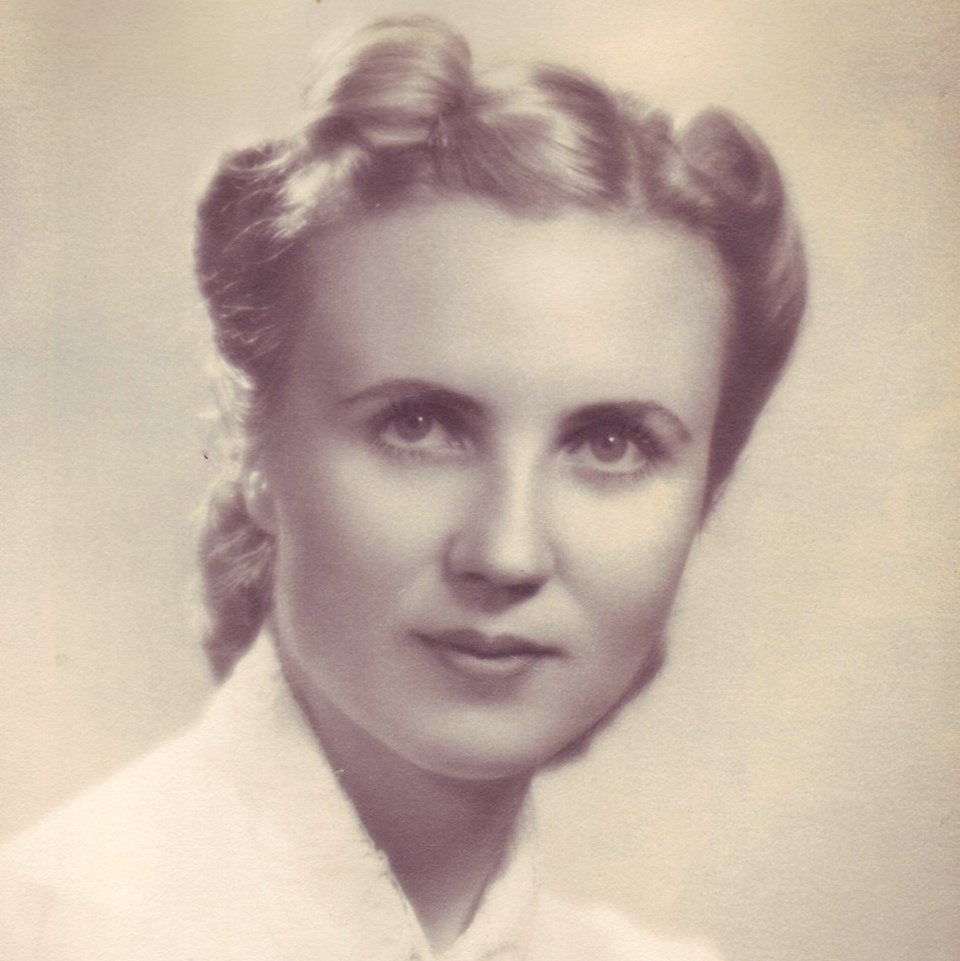There’s a local angle to Friday’s death of 102-year-old Gen. Vo Nguyen Giap, the “Red Napoleon” who led the winning army in the Vietnam War.
It involves Victoria’s Nathalia Buchan, who was herself a centenarian when she died in 2010.
It also leads, in a connect-the-dots way, to her son’s efforts to restore the reputation of a Japanese concentration camp commandant.
The story goes back to 1941 when Nathalia and Bill Buchan wed in Japanese-occupied Shanghai. Being Russian-born, Nathalia had the option of freedom, but chose to follow her Scottish husband into the Lunghua civilian internment camp a month after they wed.
When the Second World War ended, the couple found themselves in Bangkok, Thailand, running a tobacco business.
We’ll let their son, Victoria’s David Buchan, pick up the tale: “One night there was a knock at the door. My mother answered. There stood Ho Chi Minh and General Giap.”
The two men later became household names, synonymous with the struggle first against France, then the U.S. and South Vietnam, but at this point their fight was just getting going.
The Russians, with whom Bill Buchan had business ties, had told the Vietnamese men that the Scot could help them buy arms. That’s what Buchan did, heading to Czechoslovakia in 1946 to broker a weapons deal on their behalf. “The guns were shipped into Thailand, then shipped into what was then French Indochina,” David said Friday.
Bill didn’t want to leave Nathalia defenceless in lawless Bangkok in his absence, so went to the British Embassy in search of a handgun for her. “We’re fresh out of pistols,” said a Peter Lorre lookalike at the embassy, “but I have something better.” He produced a Tommy gun, the kind gangsters used to wield in the movies.
Every night while Bill was gone, Nathalia, still emaciated and half-blind from the concentration camp, would send the Bangkok bandits a warning. “She would walk out on the veranda on her crutches, put a pillow to her shoulder, then fire the machine gun, a couple of bursts at a time,” David says.
Bill Buchan continued to help the Vietnamese until the U.S. government, which had initially tolerated the arrangement (even placing an OSS agent in his business) became leery as the insurgents’ communist leanings became apparent.
The Buchans eventually moved to Hong Kong, where David was born. Four years after Bill died in 1958, mother and son moved to Victoria, where David is a manager with the provincial government.
That brings us to part two of the story, which goes back to that Second World War internment camp.
David was raised with the understanding that the camp’s Japanese commandant, Tomohiko Hayashi, was a heroic figure, a brave man who risked his own well-being to protect his prisoners. Hayashi would even run out to insert himself between prisoners and a faction of cruel guards who were not under his control.
“He went out of his way to save Westerners’ lives,” David says. When Nathalia came down with rheumatic fever, Hayashi had his driver take her to a Shanghai hospital, even giving her money for medicine, lunch and a cake to bring back for Bill.
So it was with dismay that David saw the way Hayashi was depicted in the 1987 movie Empire of the Sun, which he said treated the commandant unfairly. For years David rattled the cages of Ottawa bureaucrats, trying without success to get some official recognition of the man.
Finally, he convinced Victoria MP Murray Rankin that Hayashi should be honoured as “the Japanese Schindler.”
When Rankin stood in the House of Commons to do so in June, David was among the onlookers.
So was Hayashi’s 77-year-old son, Sadayuki, a former Japanese ambassador to Britain and onetime deputy minister of foreign affairs.
“There was a tear that was going down one side of his face,” David says.
Vo Nguyen Giap is being remembered by news media around the world today. Tomohiko Hayashi’s story, and those of Bill and Nathalia Buchan, didn’t get that kind of attention. Still, David says, setting the record straight was a matter of personal honour.



